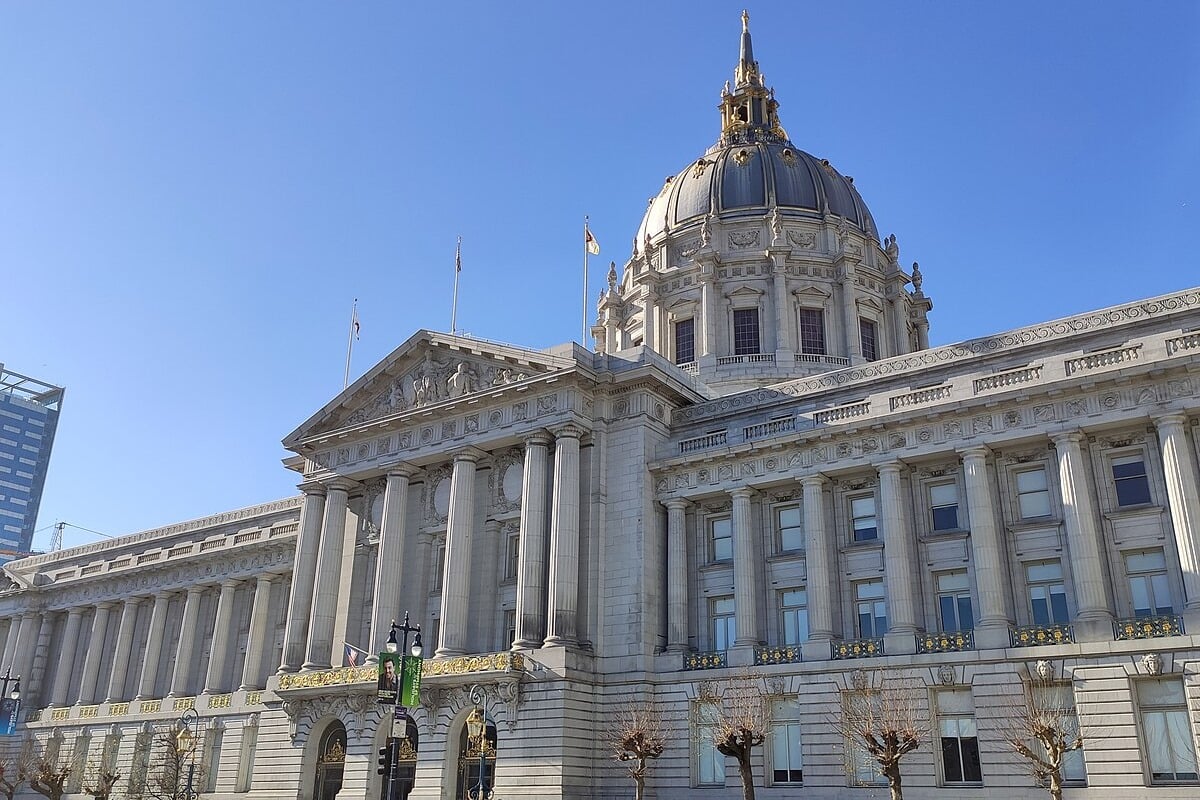San Francisco’s nonprofit organization, Collective Impact, has narrowly avoided a ban on city contracts despite its involvement in a significant bribery and corruption scandal. This outcome followed a late-night ruling from administrative law judge Andrea McGary, which allows the nonprofit to once again receive public funds. Reports from Mission Local indicate that the ruling was finalized before McGary reviewed essential information that she considered critical to the case.
The city attorney’s office has termed the decision “bizarre” and plans to appeal, arguing that Collective Impact cannot be deemed a responsible contractor. Jen Kwart, representing the city attorney’s office, expressed disbelief, stating, “It is absurd anyone would think Collective Impact is a responsible contractor that can be trusted with public money,” as reported by the SF Chronicle.
The controversy surrounding Collective Impact involves allegations of misusing city funds and bribing Sheryl Davis, the former head of the San Francisco Human Rights Commission. Investigations revealed that both Davis and James Spingola, the recently resigned executive director of Collective Impact, benefited from the nonprofit’s financial resources. This included funding personal promotional expenses for Davis’s book and podcast, raising questions about financial oversight.
Details of the Ruling and Implications
The administrative ruling has caused considerable uproar within city officials, particularly due to its lack of detailed analysis or reasoning. A spokesperson for the city attorney’s office criticized the ruling for not considering all evidence, a sentiment echoed in coverage by the SF Chronicle. The unexpected timing of McGary’s decision further complicates an already contentious situation.
The Dream Keeper Initiative, which aimed to direct funds to support San Francisco’s Black community, has also come under scrutiny. An audit uncovered at least $4.6 million in misallocated or misused funds. As a major beneficiary of this initiative, Collective Impact now finds itself entangled in the financial mismanagement that has surfaced.
The city previously severed ties with Collective Impact, canceling five contracts due to allegations of conflict of interest. Despite this, the recent ruling allows the nonprofit to regain its status as a city contractor, raising concerns among city officials and the community regarding the integrity of public funding management.
This situation highlights ongoing issues of accountability within city-funded organizations, particularly those that serve vulnerable populations. As the city attorney’s office prepares to appeal the ruling, the outcome may have broader implications for how similar organizations are monitored and held accountable in the future. The community remains watchful as this case unfolds, with significant financial interests and public trust at stake.
